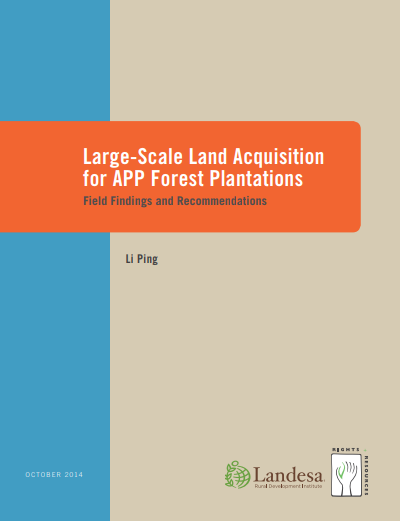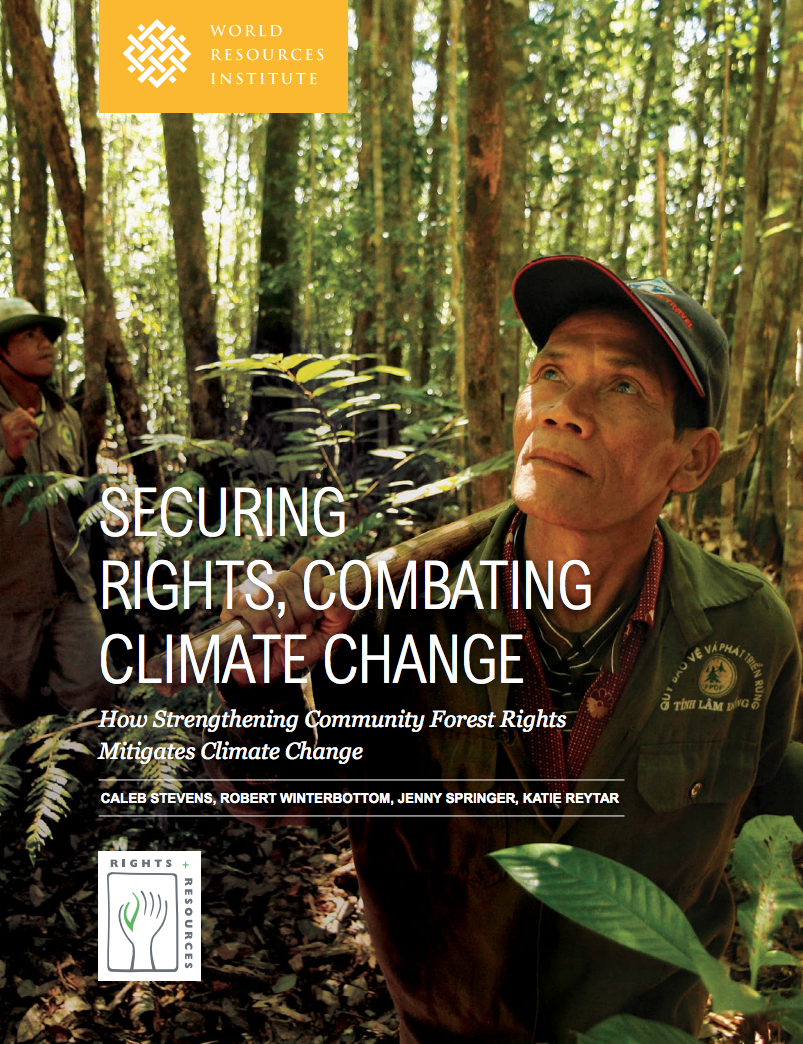Focal point
Location
The Rights and Resources Initiative is a strategic coalition of international, regional and community organizations engaged in development, research and conservation. Together, we are working to encourage greater global commitment and action on pro-poor tenure, policy and market reforms.
The RRI coalition is formed by a group of core Partners who conduct work in specific areas of their regional and thematic expertise. Partners also engage with a wide group of collaborators who participate in and support RRI activities around the world. RRI is a strategic coalition that goes beyond the traditional set of international development actors to involve a wide spectrum of organizations, each of which provides a critical perspective in the larger chain of actors necessary to advance change.
Our Mission
RRI’s Mission is to support local communities’ and indigenous peoples’ struggles against poverty and marginalization by promoting greater global commitment and action towards policy, market and legal reforms that secure their rights to own, control and benefit from natural resources, especially land and forests.
Global Challenge, a Global Opportunity
Forests cover close to 30 percent of the world's land area, and more than a billion people rely on forests to a significant extent for their food, fuel and income.
An estimated 350 million indigenous and tribal peoples are at least partly dependent on forests, including some 60 million who are substantially dependent on forests for their subsistence and livelihoods. Forests are also particularly important to poor women, who shoulder much of the burden for hauling wood and collecting and marketing forest products.
Dominant models of forest industry and conservation have often exacerbated poverty and social conflicts and have precluded pro-poor economic growth. The lack of clear rights to own and use forest land, develop enterprises, and trade in forest products has driven millions of forest dwellers to poverty and encouraged widespread illegal logging and forest loss.
The world will not meet national and global goals to reduce poverty and protect the environment unless poor peoples' rights to land and resources are strengthened. Neither will the world effectively mitigate or adapt to climate change without clarifying local tenure and governance. The next two decades are critical--both for the poor and for the forests.
There are reasons for optimism. Organizations of indigenous peoples and forest-dwelling communities are gaining voice and opportunity, and after decades of limited action many countries are beginning to consider far-reaching legal and policy reforms. There is a major opportunity to advance the rights and livelihoods of forest peoples by establishing the institutional foundations for sustained conservation and forest-based economic development.
Resources
Displaying 61 - 65 of 109Communities as Counterparties: Preliminary Review of Concessions and Conflict in Emerging and Frontier Market Concessions
Grounded in an ongoing examination of 100 case studies, this analysis describes the overarching patterns of conflict between companies and local communities in emerging and frontier market concessions. Identifying those patterns is the first step to establishing best practices for managing the risks.
LARGE-SCALE LAND ACQUISITION FOR APP FOREST PLANTATIONS: FIELD FINDING AND RECOMMENDATIONS
The Chinese central government has consistently taken decisive legal and policy measures over the past 35 years to secure, enhance, and expand farmers’ rights to farmland and forest land in order to reduce the gap in income and consumption between urban citizens and their counterparts in mountainous forest areas.
Securing Rights, Combating Climate Change
With deforestation and other land uses accounting for 11 percent of annual global greenhouse gas emissions, the international community agrees on the need to address deforestation as an important component of climate change. Community forests represent a vital opportunity to curbing climate change that has been undervalued. Today communities have legal or official rights to at least 513 million hectares of forests, only about one eighth of the world’s total, comprising 37.7 billion tonnes of carbon.
What Future For Reform?
Who owns the world’s forests, and who decides on their governance? The answers to these questions are still deeply contested. To many Indigenous Peoples and local communities who have lived in and around forests for generations, the forests belong to them, under locally defined systems of customary tenure. In most countries, however, governments have claimed ownership of much of the forest estate through historical processes of expropriation, and those claims have been formalized in statutory laws.
Large-Scale Land Acquisition : Field Findings and Recommendations
The Chinese central government has consistently taken decisive legal and policy measures over the past 35 years to secure, enhance, and expand farmers’ rights to farmland and forest land in order to reduce the








